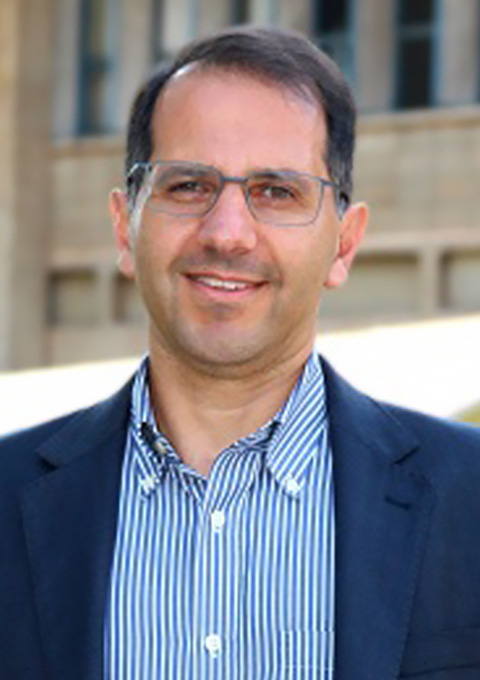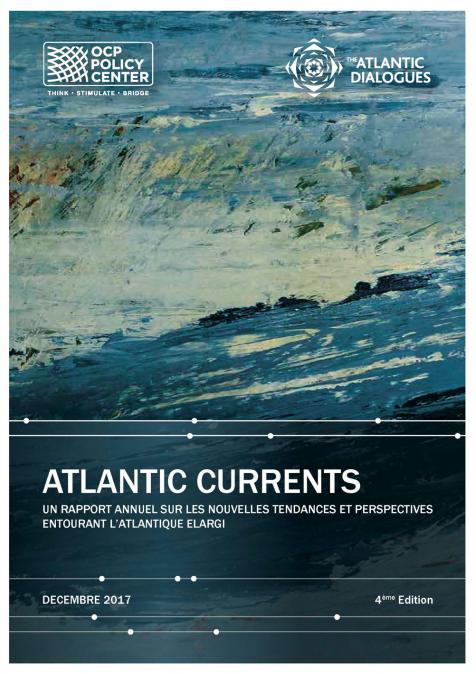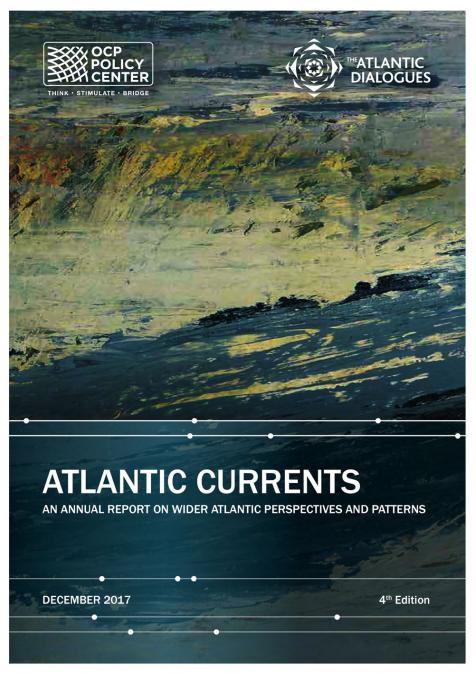Presentation of the 7th edition of the Atlantic Currents Report: Chapters on Geopolitics & IR
The Policy Center for the New South is pleased to host an online panel to present some of the main findings of the 7th edition of the Atlantic Currents report on Thursday, April 15, 2021 at 15:00 GMT. The Atlantic Current’s 7th edition provides a unique overview and in-depth analysis of the COVID-19 pandemic as seen from the Atlantic and the challenges it poses for the region. In this edition, the authors examine how COVID-19 has proved to be a destabilizing force in a wide range of sectors such as health, international relations, trade, energy or the economy. This report aims to examine and assess the consequences of the COVID-19 crisis while endeavoring to learn from these new and unexpected times in the hope of formulating solutions to the many issues that have arisen. 15:00-16:00 GMT Moderator: Mohammed Loulichki, Senior Fellow, Policy Center for the New South Speakers: - Salma Daoudi, Research Assistant in International Relations, Policy Center for the New South - Eduardo A. Haddad, Senior Fellow, Policy Center for the New South - El Mostafa Rezrazi, Senior Fellow, Policy Center for the New South







